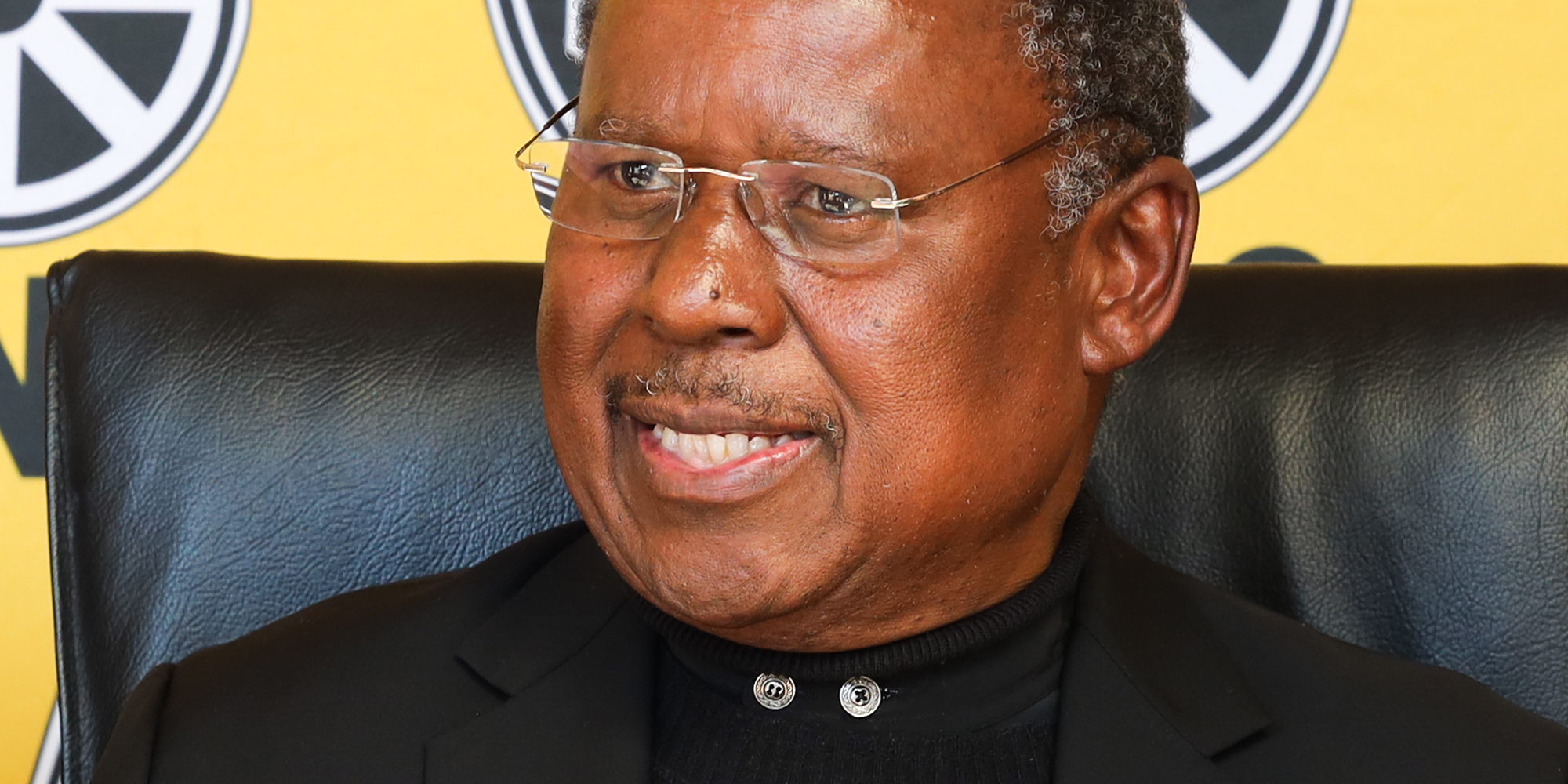The ANC’s Integrity Commission chair, Frank Chikane, says that there are some people in the party’s leadership who are “not really concerned about their integrity”. He has promised a much more assertive approach within the party and claims the commission’s terms of reference have been changed to allow for this toughening. The mountain before him, though, may be too high to climb.
Ahead of next year’s elections, it is likely that load shedding will only be joined by corruption as the top issue for SA voters. While the ANC has claimed, again and again, that it is finally, truly going to crack down on corruption, and has implemented a “step aside” resolution, it has still not dealt with the problem in a meaningful way.
The evidence of this is clear. The ANC’s December conference saw Mduduzi Manana (who assaulted a woman in a parking lot), the liar Malusi Gigaba (who the Zondo Commission found received money from the Guptas) and Energy Minister Gwede Mantashe (who received a gratification from Bosasa) elected to the party’s top leadership.
One reason for this is that political parties find it difficult to discipline people with strong constituencies. It is impossible to imagine the ANC during the Zuma era acting against him.
Now, Chikane claims to be on a mission to change this, saying that he has been given the mandate to be more assertive. No longer will his commission only deal with cases that are brought before it. In other words, the commission will not have to wait for the National Executive Committee (NEC) to refer cases to it, but will be more proactive.
While this may give those who support the ANC cause for optimism, the scale of the problem is surely beyond the commission.
An incredible admission
As Chikane himself said on Wednesday on SAFM, “There are cases of the past, many of them coming from the Zondo Commission. Ninety-seven people referred to the [Integrity] Commission did not appear before the commission within the prescribed time. And we referred them back to the NEC to refer them to the disciplinary machinery.”
This is an incredible admission. It suggests that all, or almost all, of the people against whom findings were made by the Zondo Commission did not go to the Integrity Commission as ordered to by the NEC.
But based on previous experience, this was the right choice for them. It confirms the worst suspicions — that they had nothing to fear after ignoring the call for accountability.
In short, there has been no political price for their role in State Capture, despite the Zondo Commission’s findings against them.
Chikane is also pointing to the source of the problem — which is that any decision by the commission is still beholden to the NEC. It has the power to overrule any decision by the Integrity Commission.
For instance, just ahead of the ANC’s conference in December, the elections committee ruled that Bathabile Dlamini could not stand for election to the NEC because she had been convicted of perjury. The NEC overruled that decision during the conference and allowed her to run.
The 97 people Chikane referred to may well believe that they too will be absolved by the NEC.
Chikane refuses to speak about individual cases. While this may be correct for someone who chairs a committee that has to make findings about such people, it also follows a pattern set by President Cyril Ramaphosa.
His formal response as head of government to the Zondo Commission was to change the structure of certain parts of government, such as the State Security Agency, saying this would prevent State Capture from happening again.
But Ramaphosa failed to take any action against the affected politicians whom he had appointed to the government.
This is the same problem that has prevented the ANC from acting against corruption in the first place — the people who are corrupt have constituencies in the party.
As others have noted, ANC delegates at a conference will pass a resolution calling for action against corruption, while electing people with evidence of corruption against them to leadership positions.
For Chikane, this is an impossible problem.
For example, if more evidence were to emerge implicating Ramaphosa in wrongdoing in the Phala Phala scandal, would he really act against the sitting President? How “assertive” would he be in that case?
All of this leads to the same problem the ANC has had probably since Tony Yengeni was carried shoulder-high to Pollsmoor Prison: despite all sorts of promises, its actions do not live up to its words.
However, things may be changing. The National Prosecuting Authority (NPA) is now more likely than ever before to prosecute those implicated in State Capture by the Zondo Commission, despite the big setback when the Nulane case against high-profile suspects collapsed.
This could lead to the NPA being seen as overtaking the ANC’s Integrity Commission. This would obviously be embarrassing for the commission and the ANC as a whole.
While in the past, the ANC was able to win the support of many voters, the lie of the electoral land is changing. It now appears that unless the ANC actually acts on its words, unless it takes action against those who are corrupt, voters will finally turn away from the party.
Chikane’s promises, as strong as they may be, are still just words. It seems impossible that he will be able to turn them into action. DM





